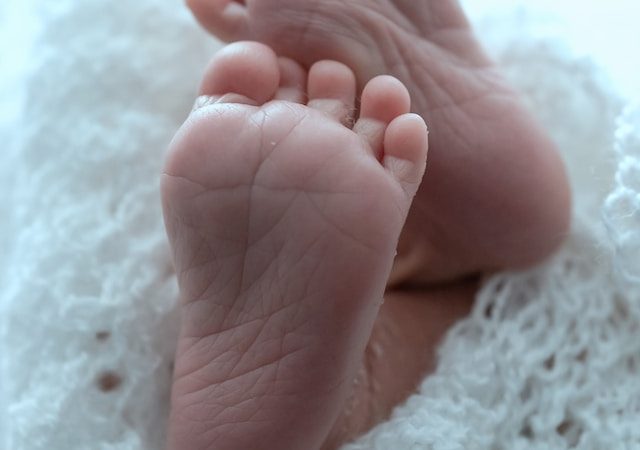Introduction: The first year of a baby’s life is a remarkable journey of growth and development. From their first smile to taking those wobbly first steps, infants achieve significant milestones that shape their physical, cognitive, and emotional abilities. Understanding these milestones not only allows parents to celebrate their child’s progress but also enables them to
Introduction: The first year of a baby’s life is a remarkable journey of growth and development. From their first smile to taking those wobbly first steps, infants achieve significant milestones that shape their physical, cognitive, and emotional abilities. Understanding these milestones not only allows parents to celebrate their child’s progress but also enables them to identify potential developmental delays early on. In this article, we explore the captivating world of infant development and highlight key milestones to watch for during the first year.
- Motor Skills: Motor skill development refers to a baby’s ability to control and coordinate their movements. In the early months, infants develop their gross motor skills, such as lifting their head, rolling over, and eventually sitting up unassisted. As they approach the six-month mark, they start grasping objects and bringing them to their mouth. By around nine months, many babies are able to crawl, and by their first birthday, they may take their first independent steps. Monitoring these milestones helps gauge a child’s physical development and provides insight into their overall well-being.
- Cognitive Development: Cognitive development encompasses a baby’s intellectual abilities, including their capacity for learning, problem-solving, and memory. During the first year, infants begin to explore their surroundings, displaying curiosity and awareness. They learn cause and effect, such as understanding that dropping a toy leads to it falling. As their cognitive abilities progress, they may imitate sounds, respond to their name, and engage in simple games like peek-a-boo. These milestones reflect the growth of their cognitive capacities and set the stage for future learning and understanding.
- Language and Communication: The development of language and communication skills is a remarkable aspect of infancy. Initially, babies communicate through crying, cooing, and babbling, experimenting with sounds and vocalizations. Around six months, they start responding to familiar voices and babbling with consonant sounds. By the end of the first year, many infants can say simple words like “mama” or “dada,” understand simple commands, and engage in basic gestures like waving or pointing. Recognizing these milestones aids in fostering language acquisition and establishing strong communication bonds with parents and caregivers.
- Social and Emotional Development: Social and emotional development involves a baby’s ability to form attachments, express emotions, and engage with others. In the early months, infants develop a bond with their primary caregivers, displaying attachment behaviors like smiling, reaching out, and seeking comfort. As they grow, they become more responsive to others’ emotions, exhibit separation anxiety, and engage in social interactions through babbling, imitation, and eye contact. These milestones signify the emergence of a baby’s social and emotional skills, paving the way for healthy relationships and emotional well-being.
- Sensory Development: Sensory development refers to how infants perceive and interpret the world around them through their senses. During the first year, babies refine their senses, including vision, hearing, touch, taste, and smell. They develop the ability to track objects with their eyes, respond to familiar sounds, grasp objects with their hands, explore textures, and develop preferences for certain tastes and smells. Observing these milestones provides insight into a baby’s sensory abilities and helps identify any potential sensory issues or sensitivities.
Conclusion: Understanding the milestones of infant development is a window into the incredible progress and potential of our little ones. By recognizing and celebrating their achievements in motor skills, cognitive abilities, language and communication, social and emotional development, and sensory exploration, parents can actively participate in and support their child’s growth. Should any concerns arise regarding developmental delays, consulting healthcare professionals can ensure timely interventions. Embracing the journey of infant development with knowledge and awareness creates a nurturing environment that fosters optimal growth, laying a strong foundation for a bright and promising future.

















Leave a Comment
Your email address will not be published. Required fields are marked with *